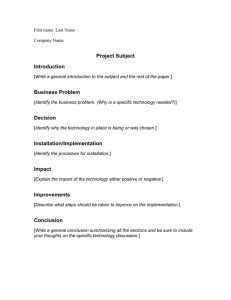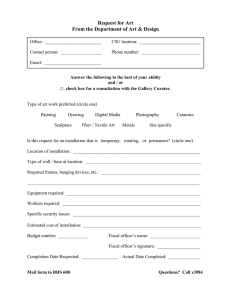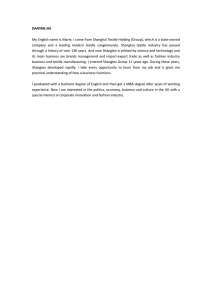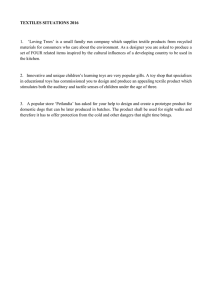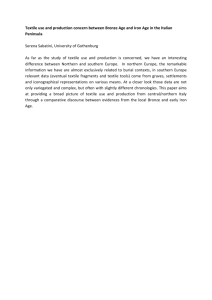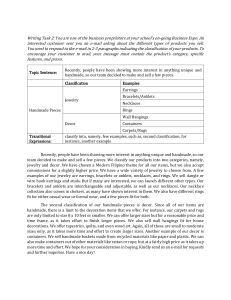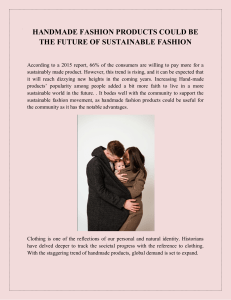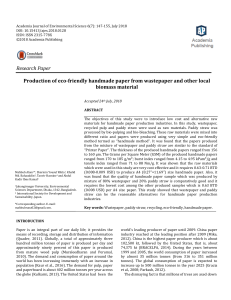Karen Guancione Artist's Statement
advertisement
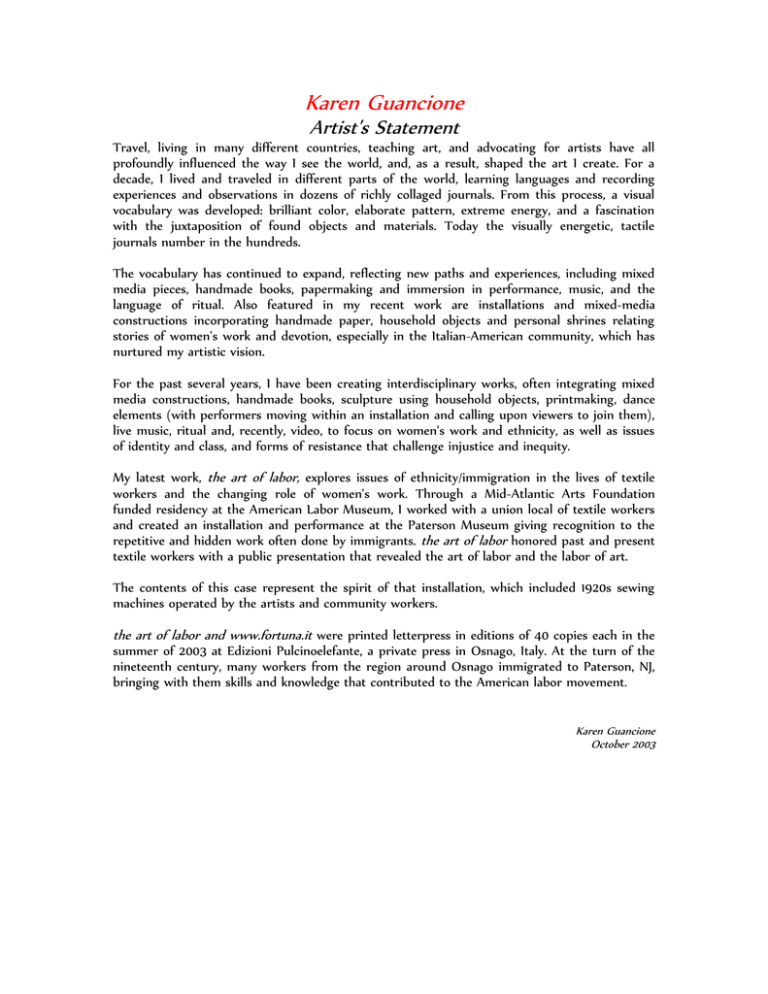
Karen Guancione Artist's Statement Travel, living in many different countries, teaching art, and advocating for artists have all profoundly influenced the way I see the world, and, as a result, shaped the art I create. For a decade, I lived and traveled in different parts of the world, learning languages and recording experiences and observations in dozens of richly collaged journals. From this process, a visual vocabulary was developed: brilliant color, elaborate pattern, extreme energy, and a fascination with the juxtaposition of found objects and materials. Today the visually energetic, tactile journals number in the hundreds. The vocabulary has continued to expand, reflecting new paths and experiences, including mixed media pieces, handmade books, papermaking and immersion in performance, music, and the language of ritual. Also featured in my recent work are installations and mixed-media constructions incorporating handmade paper, household objects and personal shrines relating stories of women's work and devotion, especially in the Italian-American community, which has nurtured my artistic vision. For the past several years, I have been creating interdisciplinary works, often integrating mixed media constructions, handmade books, sculpture using household objects, printmaking, dance elements (with performers moving within an installation and calling upon viewers to join them), live music, ritual and, recently, video, to focus on women's work and ethnicity, as well as issues of identity and class, and forms of resistance that challenge injustice and inequity. My latest work, the art of labor, explores issues of ethnicity/immigration in the lives of textile workers and the changing role of women's work. Through a Mid-Atlantic Arts Foundation funded residency at the American Labor Museum, I worked with a union local of textile workers and created an installation and performance at the Paterson Museum giving recognition to the repetitive and hidden work often done by immigrants. the art of labor honored past and present textile workers with a public presentation that revealed the art of labor and the labor of art. The contents of this case represent the spirit of that installation, which included 1920s sewing machines operated by the artists and community workers. the art of labor and www.fortuna.it were printed letterpress in editions of 40 copies each in the summer of 2003 at Edizioni Pulcinoelefante, a private press in Osnago, Italy. At the turn of the nineteenth century, many workers from the region around Osnago immigrated to Paterson, NJ, bringing with them skills and knowledge that contributed to the American labor movement. Karen Guancione October 2003
